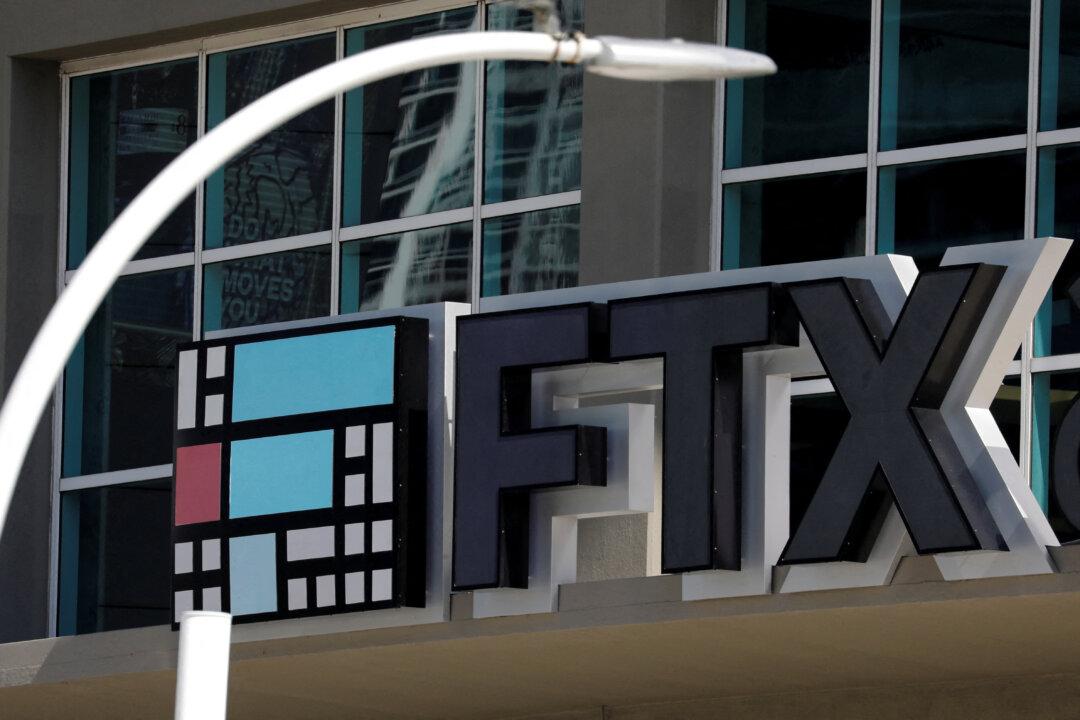Commentary
Looking back, it’s utterly bizarre how the world of science could have gone so silent even as the world locked down and lives were shattered by the billions by governments the world over. The silence was deafening. We went from a March 2, 2020, letter signed by 800 public health experts associated with Yale University—which warned against quarantines and closures—to a strange disappearance of nearly all clear voices a few weeks later. And so things stood for the better part of two years.





